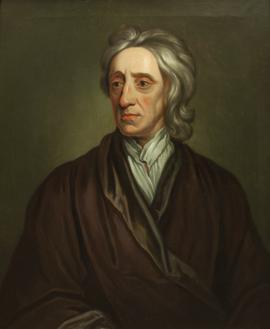HOWARD, THOMAS, 2ND EARL OF ARUNDEL, only son of Philip Howard, 1st Earl of Arundel (attainted 1589), and Hon. Anne Dacre, dau. of Thomas Dacre, 5th Baron Dacre of Gillesland; b. 7 July 1586; at school under Camden (Lloyd, Memoirs, 1677, 284; Mary F. S. Hervey, Life and Correspondence and Collections of Thomas Howard, Earl of Arundel, 1921, 15); said to have gone to Trinity Coll. Cambridge, but there is no record of his admission; restored to father’s titles of Earl of Arundel and Surrey 6 Jul 1603, and restored in blood 18 Apr 1604; introduced at court 1605; Lord Lieutenant, Sussex 1608; travelled on European continent 1609-10, acquiring an appreciation of art; installed KG 13 May 1611; Lord Lieutenant, Norfolk 18 Apr 1615; conformed to Church of England 25 Dec 1615, having previously been a Roman Catholic; Privy Councillor 16 Jul 1616; presided over committee of House of Lords in Bacon’s case Apr 1621; one of joint Commissioners of Great Seal 3 May – 10 Jul 1621; Earl Marshal of England from 29 Aug 1621; owing to his son’s clandestine marriage with Lady Elizabeth Stuart and his undisguised hostility to Duke of Buckingham, Arundel incurred displeasure of Charles I and was twice placed under restraint; restored to Privy Council in 1628 after reconciliation with King; Justice in Eyre, North of Trent, from 25 Feb 1634; sent on unsuccessful mission to Emperor Apr-Sep 1636 to urge the return of the Palatinate to the King’s nephew; General in command of army against Scots 1638; Lord Lieutenant, Cumberland 1639; Lord Steward of Household 12 Apr 1640 – Aug 1641, resigned; presided as Lord High Steward in trial of Earl of Strafford spring 1641; left England Feb 1642 and went abroad, settling in Padua, Italy; while abroad said to have contributed no less than £54, 000 to Royalist cause; his personal estate was sequestrated by Parliament; created Earl of Norfolk 6 Jun 1644; the first Englishman to form a large collection of works of art and was described by Horace Walpole as “the father of vertu in England”; the bulk of his collection of classical sculpture (the “Arundel Marbles”) was presented by his grandson to Oxford University in 1667; m. Sep 1606 Lady Aletheia Talbot, third dau. of Gilbert Talbot, 7th Earl of Shrewsbury; d. at Padua 24 Sep 1646. DNB.
Taxonomy
Code
Scope note(s)
Source note(s)
- https://collections.westminster.org.uk/index.php/school
